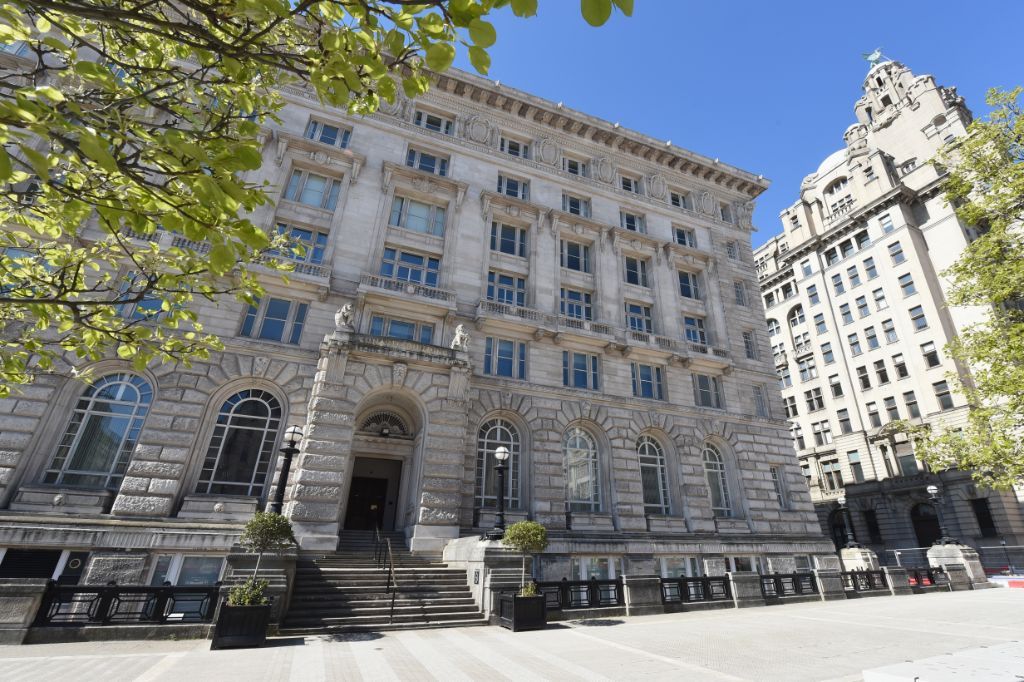Commissioners hail ‘significant changes’ in Liverpool
A number of key responsibilities are expected to return to the city council’s jurisdiction imminently, two years after government agents were sent in to oversee the troubled authority.
In their fourth report to the secretary of state, the commissioners praised the “significant changes” evident at Liverpool City Council – most notably the abolition of the mayoral model and the election of a new Leader.
Read the commissioners’ fourth report in full
This optimism comes after the third report, which noted a sustained shift in the inner workings of the city council following earlier concerns that the authority “had not correctly assessed the nature and scale of the improvements required”.
Those concerns seem to have faded, with the latest findings carrying an overall positive tone, stating that Liverpool City Council is the “most stable” it has been since the three-year intervention began.
As a result, commissioners have recommended that the authority takes back responsibility for the majority of senior appointments imminently. Financial decisions are also in line to return into the city council’s hands in March, along with transport and highways executive powers.
While improvements have been made, commissioners also highlighted that “significant challenges” remain and there is “still much work” to be done.
The education and property departments stand out as areas of concern, with services continuing to underperform due to “slow to materialise” improvements.
Further concerns were also raised around “below standard” delivery of services, as well as shortcomings in the delivery of regeneration. The “capability and capacity gaps still remain”, according to the commissioners, highlighting the need for a sustainable economic growth strategy.
Council Leader Liam Robinson described the report as a “watershed moment” that marks the “beginning of the end” of intervention in Liverpool.
“We are absolutely not complacent”, he continued.
“We started from a very low base in some areas and there is much more to do, particularly in areas such as property management.
“However, when combined with the Futures’ Panel work around regenerating Liverpool, I believe we have every reason to be optimistic.”





Credit where it’s due.
By More Anonymous than the others
Glad this has highlighted the poor performance in relation to regeneration. There must be a number of reasons for this but one must be constant pressure on developers to lower heights of buildings, some quite drastically. The Nextdom scheme which is out on Leeds St was told to lower a 16 storey section to 11 even though it’s not near important buildings, the reason given was it wasn’t needed in that location even though the City Council has a target of at least 86000 homes to be built. The Nextdom scheme is not on site and I have doubts it ever will be.
By Anonymous
Hopefully this will tackle the height restriction issue!
By DG